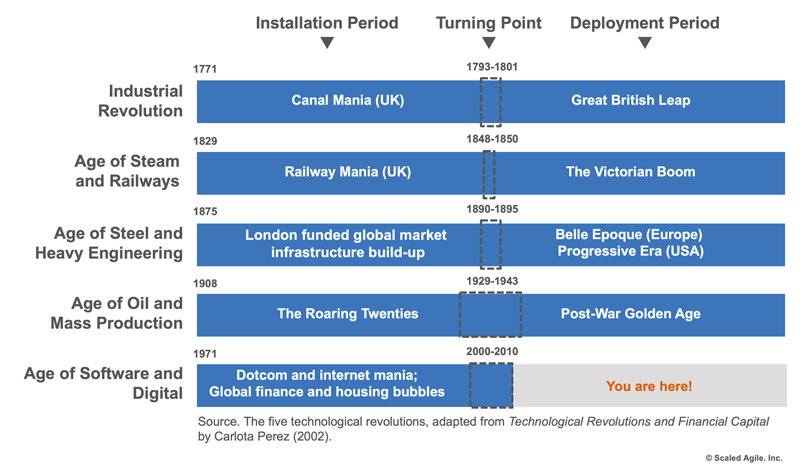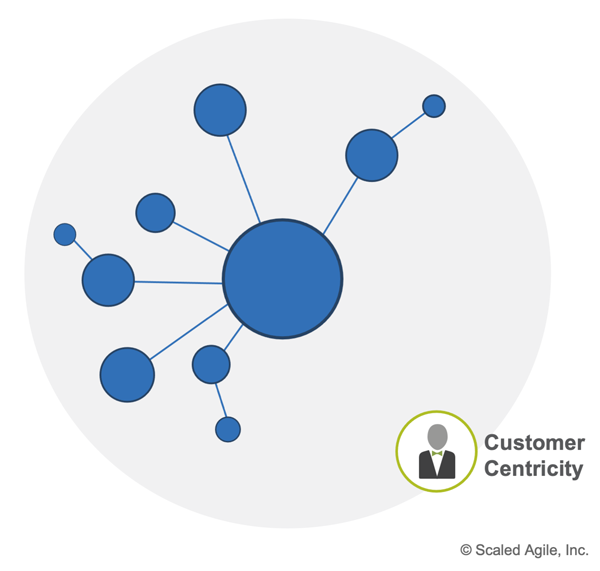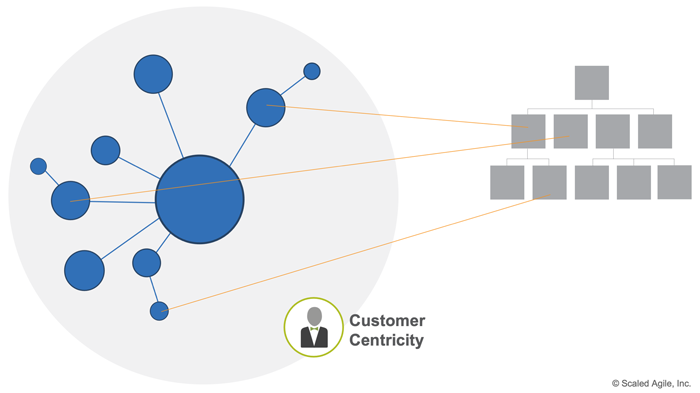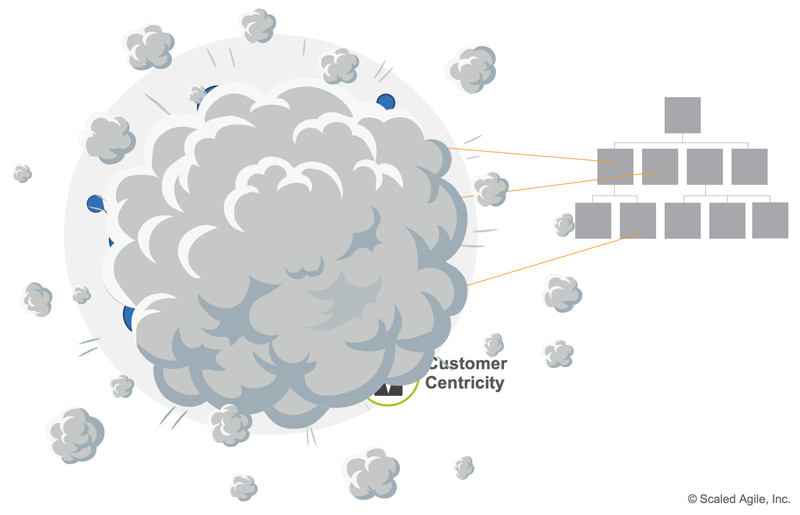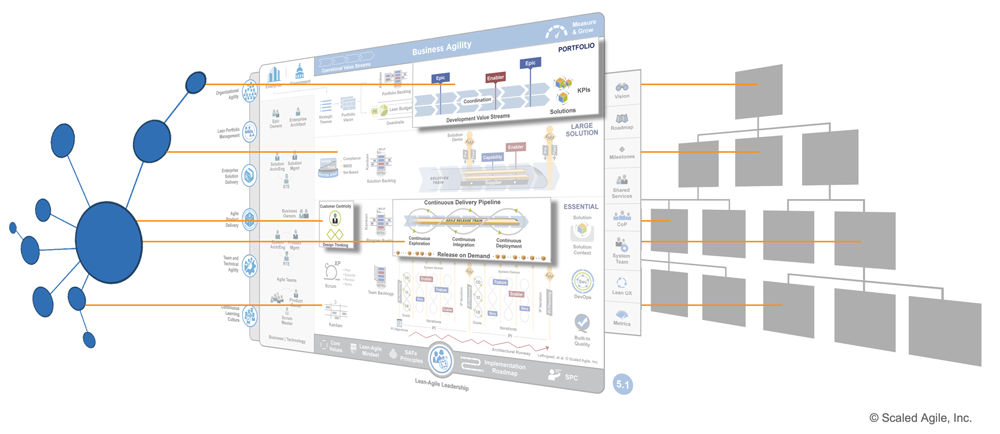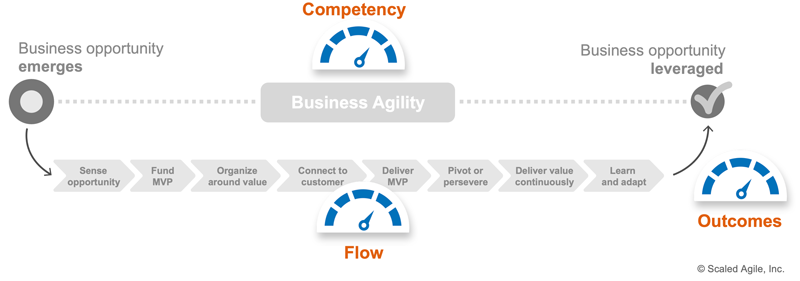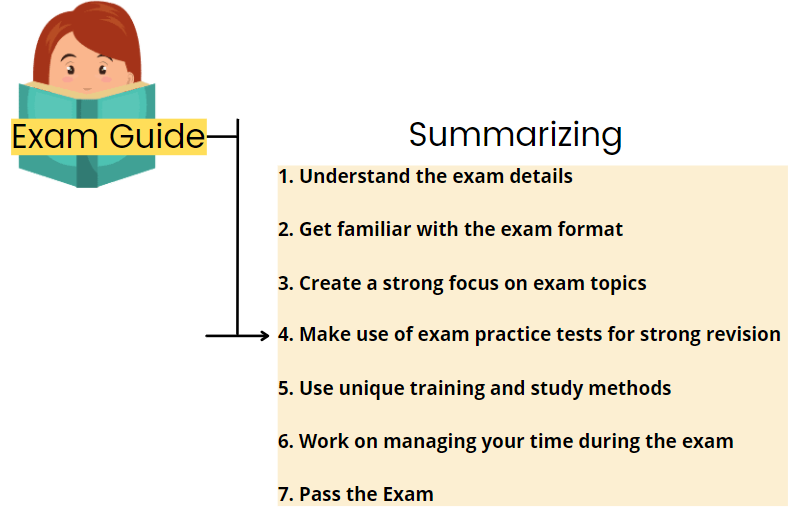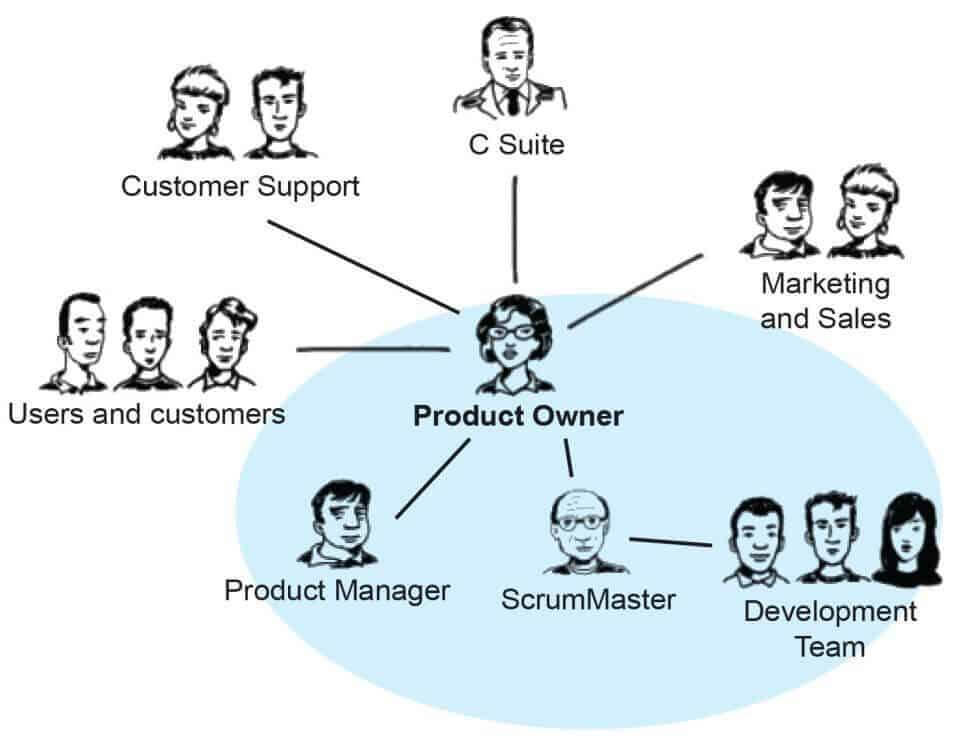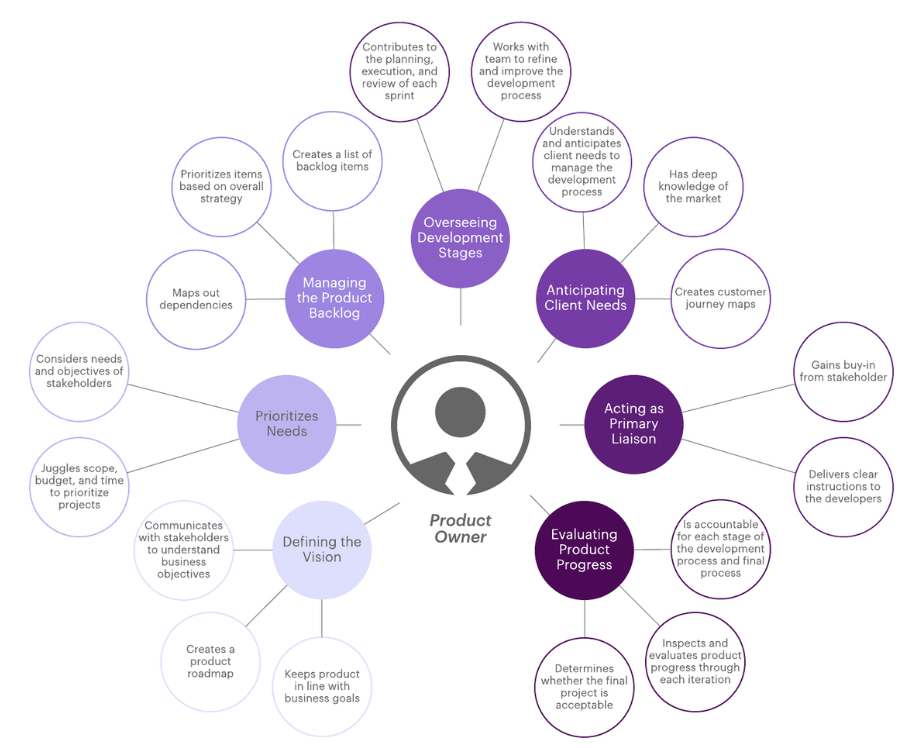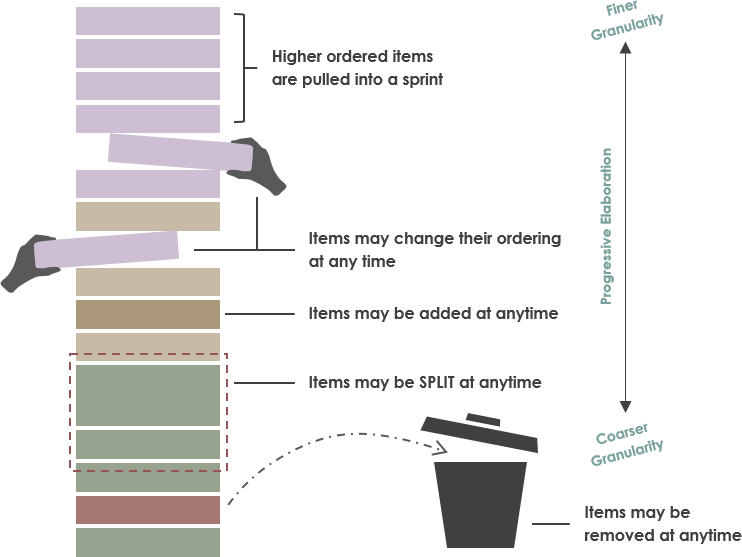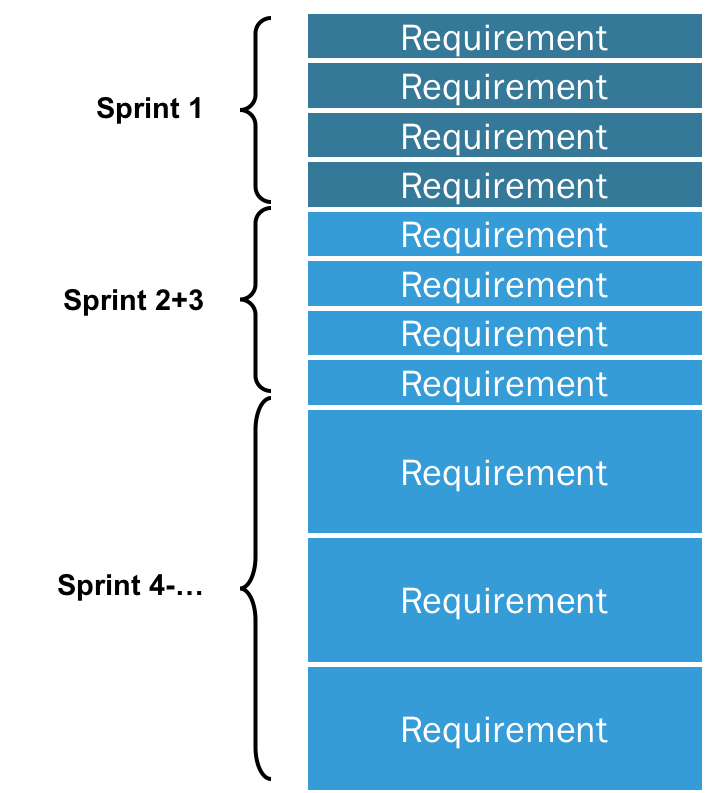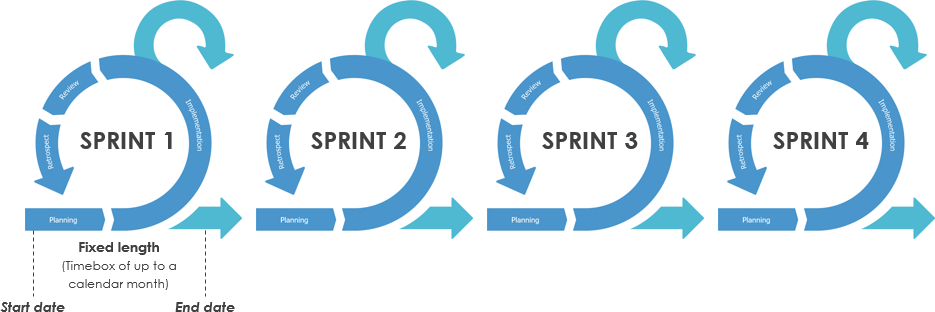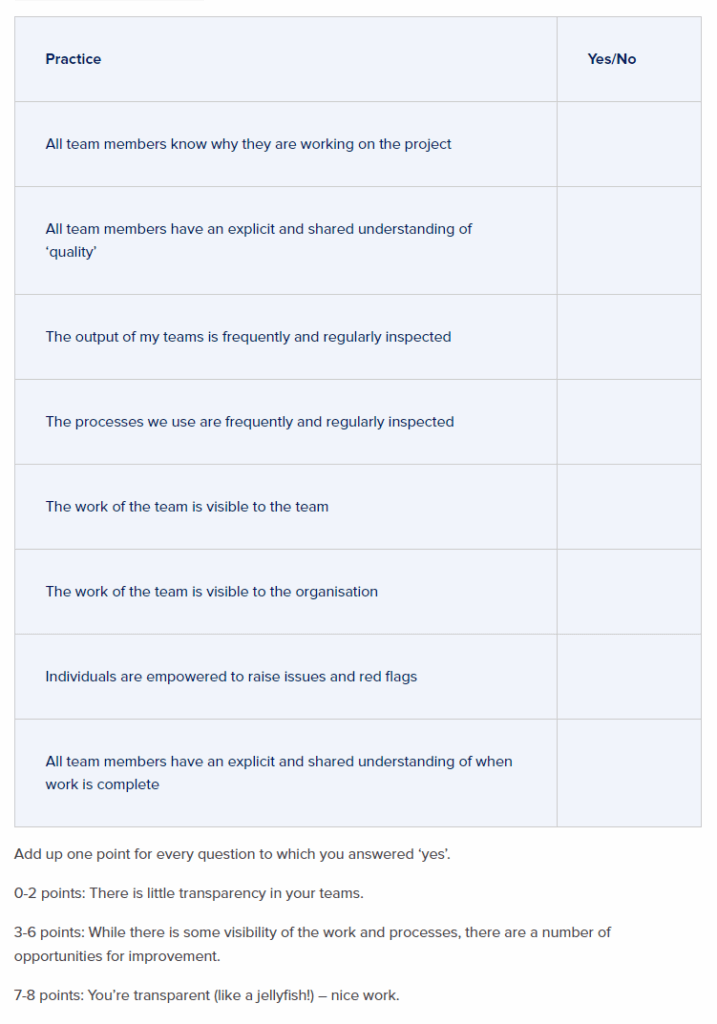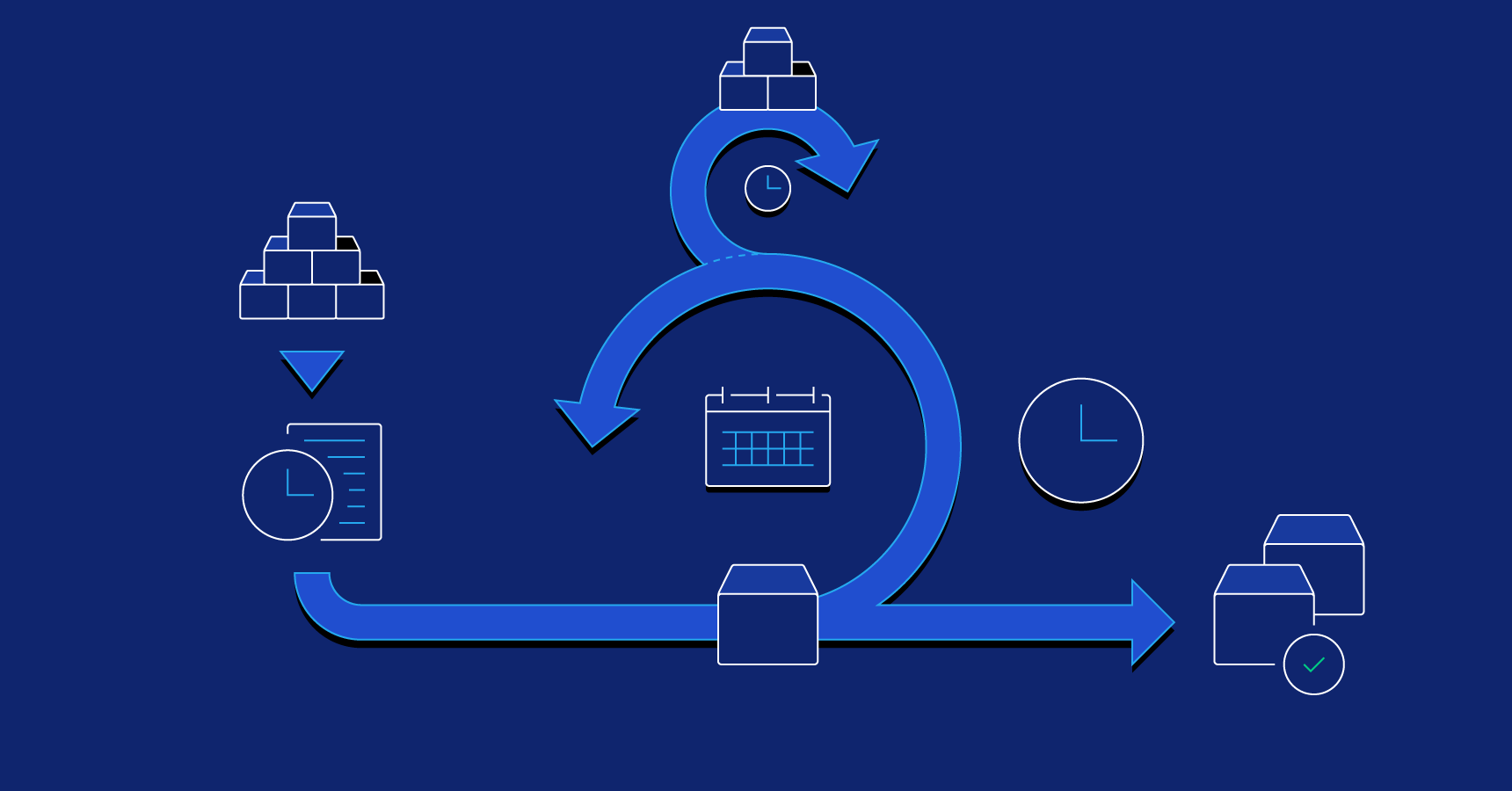
In the realm of project management, the advent of Agile methodologies and agile certification has revolutionized how enterprises envision, strategize for, and carry out their projects.
Central to the triumph of any Agile undertaking is the Agile project manager, an integral figure entrusted with the harmonization of distinct components to attain project objectives. Consequently, this role encompasses a multitude of responsibilities, with a primary emphasis on fostering adaptability, fostering collaboration, and ensuring the fulfillment of project expectations. An Agile Project Manager is a multifaceted and intricate position, necessitating a diverse array of skills and attributes.
This intricate role may not always be readily comprehensible. Nevertheless, the prosperity of businesses frequently hinges on the Agile project manager’s capacity to foster collaboration across various departments and empower teams through comprehension, effective communication, and resolute leadership. Thus, when everyone comprehends the role of the manager, projects are more likely to prosper, and the deployment of Agile methodologies becomes more efficacious.
What is Agile Project Management?
Agile project management represents a dynamic and iterative approach to project oversight, championing flexibility, collaboration, and a customer-centric orientation. Comparatively to conventional methodologies, which often adhere to a more inflexible and linear trajectory, the Agile framework welcomes change and places a premium on delivering incremental value to stakeholders at an early stage and consistently thereafter.
Through the cultivation of adaptive planning and the promotion of cross-functional teamwork, Agile techniques equip teams with the ability to promptly react to evolving requirements and shifts in the marketplace. Basically, for a more comprehensive exploration of the principles, practices, and advantages of Agile Project Management, we invite you to explore our comprehensive blog post.
In recent years, there has been a remarkable surge in the appeal of Agile principles, marking a paradigmatic transformation in project management. Entities across diverse sectors are now embracing Agile methodologies to enhance their responsiveness and elevate levels of customer satisfaction.
The Roles in Agile Certification in Project Teams
An Agile project team comprises a range of crucial positions that collectively propel projects towards their conclusion. Different teams may necessitate variations in these leading roles.
As detailed in the Agile Business Consortium’s DSDM project framework, these positions encompass the Business Sponsor, who oversees the project’s overall scope, budget, and alignment with broader business goals; the Visionary, responsible for defining the project’s overarching vision and direction; the Technical Coordinator, ensuring that the solution adheres to technical standards and fulfills requirements; the Team Leader, guiding specific sections and detailed aspects of the project; the Business Analyst, identifying opportunities and changes within the overall business that may affect the project; the Solution Developer, using business requirements to shape the solution; and the Solution Tester, accountable for performance testing at each stage.
Agile teams often feature a diverse array of roles tailored to the project’s objectives, emphasizing adaptability. However, amidst these variations, the important role of the Agile project manager remains constant, facilitating coordination and upholding Agile principles.
What is an Agile Certification?
An Agile project manager plays a multifaceted role that combines high-level leadership with facilitation within an Agile project setting. They primarily shape the evolving work environment for the solution, fostering collaboration within the Solution Development Team. Then, the project manager facilitates over imposes strict plans, steering the project with a flexible approach, avoiding “command and control.”
The Project Manager’s role is pivotal in ensuring the project’s success, encompassing responsibilities that range from effective communication with stakeholders to overseeing high-level project planning and scheduling. Furthermore, the Project Manager is responsible for monitoring progress, managing risks and issues, and fostering team empowerment and motivation.
Throughout the project’s lifecycle, spanning from its inception to deployment, the Project Manager remains central to maintaining effective coordination and communication.
Agile certifications validate proficiency in Agile methodologies, such as Scrum or Kanban, and are obtained through training and examinations. Agile certifications may emphasize broad principles, focus on Scrum or other methodologies, or enhance your skills in Agile scaling. They validate expertise and signal commitment to employers.
Key Responsibilities of an Agile Project Manager with Agile Certification
Agile Project Managers with Agile Certification bear a range of crucial responsibilities that set them apart from traditional project manager roles. This position should be adaptable and at the heart of the agile workflow.
These responsibilities encompass:
- Agile Project Managers also play a crucial role in orchestrating the project’s evolution, guiding it from inception through to completion.
- Encouraging open and transparent communication as well as fostering collaboration within the Agile team.
- Creating an environment where team members can autonomously self-organize and make decisions.
- Providing coaching and training to facilitate Agile adoption and continuous improvement.
- Aligning project objectives with broader organizational goals.
- Facilitating effective cross-functional collaboration and integration.
- Guiding the development team to create and follow a delivery plan.
- Monitoring project progress and the project timeline.
- Identifying roadblocks and addressing issues promptly.
- Ensuring timely risk management and resolution of impediments.
- Cultivating a culture of adaptability, innovation, and learning.
- Balancing customer feedback and needs with technical constraints.
- Encouraging continuous feedback loops to refine processes and deliverables.
- Collaborating with stakeholders to gather and prioritize requirements.
- Empowering the team to embrace change and adapt to evolving circumstances.
- Championing Agile practices within the organization.
The precise responsibilities of the Agile Project Manager role will vary depending on the specifics of the Agile environment. Also, the project’s nature, and the business requirements.
What is the difference between a Traditional and Agile Project Manager?
The difference between a Traditional and Agile Project Manager lies in their approach to project management. Whenever you encounter a leader, be on the lookout for these traits. Undeniably, project managers with an agile certification hits different.
Want to be one of them? Visit our courses on agile now, and make a difference.
Traditional Project Managers
A Traditional Project Manager emphasizes a “command and control” style, prescribing tasks and processes. Firstly they focus on detailed upfront planning, aiming to establish a comprehensive project blueprint from the start. Their primary responsibility lies in task distribution and overseeing individual contributions.
Agile Project Manager
An Agile Project Manager prioritizes collaboration and adaptability, fostering teamwork and open communication. Basically, they embrace iterative, agile planning, allowing for flexible adjustments throughout the project. Moreover, they encourage shared leadership within self-organizing teams, empowering members to collectively drive decisions and outcomes.
The Essential Skills needed to be a Successful Agile Project Manager
Becoming a proficient Agile Project Manager involves developing a blend of technical, interpersonal, and leadership skills to successfully guide projects. Chiefly, Agile project managers bear the overarching responsibility for overseeing agile projects from start to finish, necessitating a diverse set of unique and adaptable skills, which include:
- Strong Organizational Skills: The capacity to oversee intricate projects, allocate resources efficiently, and ensure timely task completion.
- Excellent Communication Skills: Proficiency in expressing ideas, requirements, and project progress effectively at different organizational levels to foster transparency. Specifically, Agile project managers can deliver their visions to life.
- Risk Management: The skill of recognizing potential project risks, evaluating their consequences, and creating mitigation strategies. Simultaneously, they can navigate difficult situations should they arise.
- Adaptive Leadership: The ability to adapt one’s leadership style according to the team’s requirements, promoting autonomy and self-organization. Unlike traditional leadership where someone bosses you around.
- Agile Expertise: Comprehending the Agile manifesto and its four core values can be advantageous. Then a thorough understanding of an Agile framework, such as the DSDM project management approach, coupled with proficiency in Agile tools, is essential for effective implementation.
- Flexibility: The ability to navigate the uncertainties and changes inherent in Agile work while staying focused on goals. Likewise, these managers contribute to more outside-the-box solutions.
- Collaboration: A readiness to collaborate closely with cross-functional teams, stakeholders, and customers to collaboratively deliver value. Moreover giving emphasis to the skills needed in the 21st century.
- Customer-Centric Approach: An emphasis on comprehending and fulfilling customer needs, which drives customer satisfaction and promotes collaboration. Subsequently, these approaches may not be new, but this will be the center for Agile Project Managers.
- Decision Making: Exceptional critical thinking abilities and the capacity to make well-informed and timely decisions. Undoubtedly, an agile certification will provide you with the skills that you need.
Conclusion
As organizations increasingly acknowledge the necessity of flexibility, collaboration, and iterative progress, project managers have emerged as facilitators of this paradigm shift. Thus, by adopting the Agile mindset, project managers are not just supervising projects but actively leading teams toward customer-centricity. Generally, agile certification and an agile project manager all contribute to an overall dynamic success.
Overall, agile project managers and agile certifications have an impact and will undeniably only grow to be more in demand. Visit all our courses on Agile here, and get certified.
Here at CourseMonster, we know how hard it may be to find the right time and funds for training. Because we provide effective training programs that enable you to select the training option that best meets the demands of your company.
For more information, please get in touch with one of our course advisers today or contact us at training@coursemonster.com




